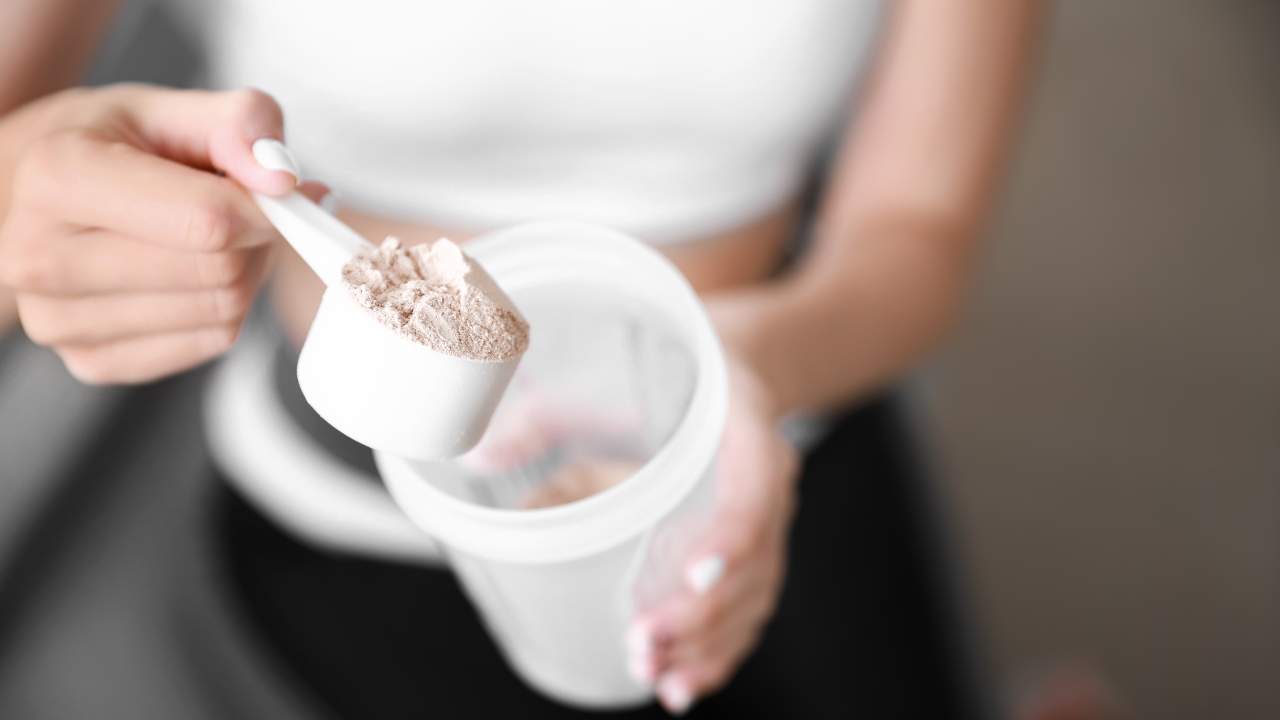ARTICLE AD BOX

A Consumer Reports investigation found dangerously high lead levels in most protein powders and shakes, with some exceeding daily limits significantly. They tested about 23 protein powders and ready-to-drink shakes from popular brands, and found that more than two-thirds of the products had dangerously contained dangerously high levels of lead. Researchers advise against daily use for many products due to toxic metal presence, noting plant-based options generally contain higher lead levels than dairy-based ones.
Caution, gym bros, and all those who consume protein supplements. Dangerously unsafe levels of lead were found in most protein powders and shakes, according to an investigation by Consumer Reports.
The protein supplement market is booming, but despite its rapid growth and flashy branding, one thing hasn't changed: the troubling presence of toxic metals, the report says.
Dangerously high levels of toxic metals

The researchers tested about 23 protein powders and ready-to-drink shakes from popular brands, and found that more than two-thirds of the products had dangerously contained dangerously high levels of lead. In fact, a single serving of some products exceeded the safe daily limit for lead consumption, with a few showing toxic metal levels more than 10 times higher than that. “It’s concerning that these results are even worse than the last time we tested,” Tunde Akinleye, chemist and the food safety researcher who led the testing project, said. "We advise against daily use for most protein powders, since many have high levels of heavy metals and none are necessary to hit your protein goals," the researcher added.

The report stressed that the average level of lead in these products was higher than what they found 15 years ago. and fewer products had undetectable amounts of the metal.
Among the product tests, the worst is Aked Nutrition’s Vegan Mass Gainer powder, according to the report, which had nearly twice as much lead per serving compared to the worst product they tested in 2010.

Gym Protein powder
The report further revealed that nearly all the ‘plant-based products’ they tested had elevated lead levels, but some were ‘particularly concerning’. Two products had dangerously high levels of lead, that the experts have cautioned against using them. A single serving of these powders had between 1,200% and 1,600% of the daily lead threshold of 0.5 micrograms. Two additional products exceeded the level by 400% to 600% per serving. They cautioned limiting the consumption of these products to no more than once a week.Compared to dairy-based powders like whey, the plant-based protein products had nine times higher lead levels and twice as high as those made from beef.
The dairy-based powders and shakes generally had the lowest lead levels; however, half of these products still had more lead levels than the experts advise avoiding daily.
The flagged products

The report specifically flagged certain products and recommended whether they should be consumed or not Do not consume
- Naked Nutrition’s Mass Gainer powder: Contains 77.7 µg per serving. This is 1,570% of the daily limit
- Huel’s Black Edition powder: Contains 6.3 µg per serving, which is 1,290% of the daily limit
Limit consumption to once a week
- Garden of Life Sport Organic Plant-Based Protein (400–600% of lead beyond limit)
- Momentous 100% Plant Protein (400–600% of lead beyond limit)
Only plant-based product exceeding 200% of CR’s lead limit - Muscle Meds’ Carnivor Mass.Six additional plant-based powders, five dairy-based powders/shakes, and one beef-based powder also exceeded CR’s lead threshold.Lead, a naturally occurring toxic metal found in the Earth’s crust, is a concern for both humans and the environment. Long-term and elevated exposure to lead can contribute to adverse health effects. It will result in increased risk of high blood pressure, cardiovascular problems, and kidney damage. Exposure to lead during pregnancy can cause reduced fetal growth and preterm birth.

 6 hours ago
5
6 hours ago
5









 English (US) ·
English (US) ·